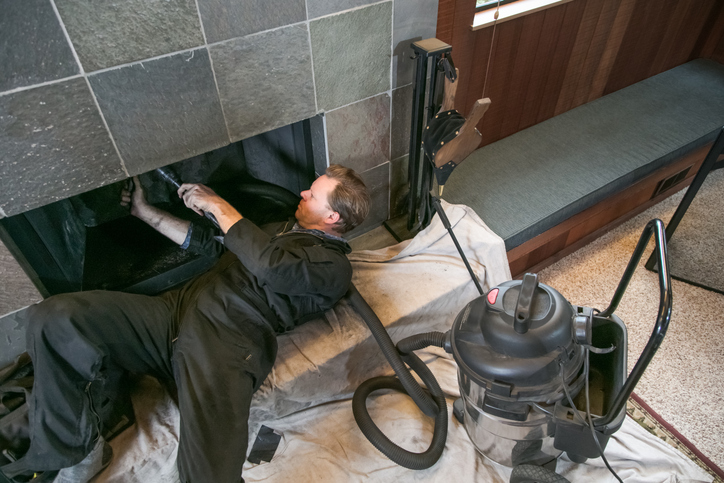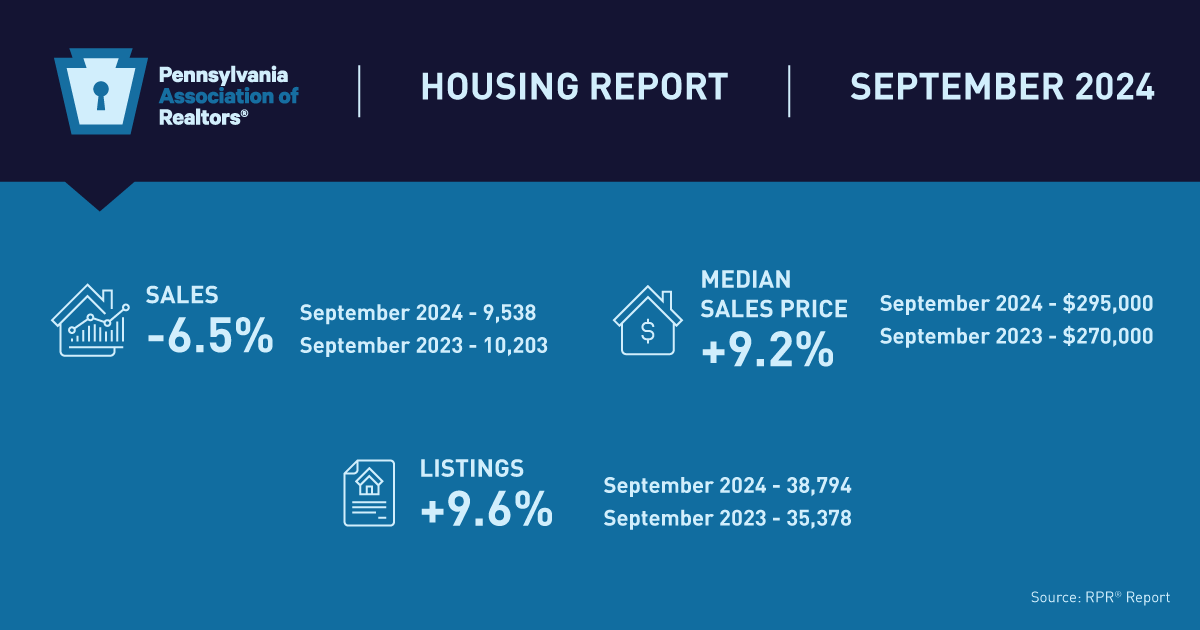What Happens When a Licensee is a Party to a Contract?

Many Realtors® buy, sell and lease property in transactions where they’re the actual party to the contract. There are a few extra disclosure rules that apply to those transactions that you need to be aware of, and you’ll find them in different places.
Disclosure
If licensee is the buyer?
Article 4 of the National Association of Realtors®’ Code of Ethics covers when Realtors® are involved in a transaction. (NOTE: The language of Article 4 will be updated in 2025, as will this article, but the concepts will remain the same.) It states “Realtors® shall not acquire an interest in or buy or present offers from themselves, any member of their immediate families, their firms or any member thereof, or any entities in which they have any ownership interest, any real property without making their true position known to the owner or the owner’s agent or broker.”
This covers more than just if a Realtor® is purchasing a property individually, but if they are purchasing through an LLC for example, they must disclose that prior to making an offer.
Standard of Practice 4-1 clarifies the requirements by stating that “the disclosures required by Article 4 shall be in writing and provided by Realtors® prior to the signing of any contract.” So, the Realtor® must make this in writing before the execution of the contract to cover all of their bases.
If licensee is the seller?
Section 283 of the State Real Estate Commission Regulations states “a licensee may not participate in a real estate transaction involving property in which he has an ownership interest unless he first discloses his interest in writing to all parties concerned.”
Additionally, Section 288 of the State Real Estate Commission Regulations states “a broker or salesperson who is selling or leasing his own real estate shall disclose his licensed status to a prospective buyer or lessee before the buyer or lessee enters into an agreement of sale or lease.”
When looking at both of these sections, licensees not only have to disclose when they own a property and are selling, but also when they are leasing. They also have to make sure they are disclosing when they are participating in a transaction that they have ownership interest in.
Not only do the State Real Estate Commission Regulations cover when the licensee is the seller, the Code of Ethics also covers it. Going back to Article 4 of the Code of Ethics, the second part states, “In selling property they own, or in which they have any interest, Realtors® shall reveal their ownership or interest in writing to the purchaser or the purchaser’s representative.”
This means that Standard of Practice 4-1 still applies with the disclosures having to be in writing and provided prior to the signing of any contract.
If you’re thinking about the PAR Form Seller’s Property Disclosure Statement (Form SPD) when reading these requirements, you’re on the right track. Paragraph 1(C) of Form SPD is the question “Is Seller a real estate licensee?” This is to help trigger the requirement to disclose interest in the property.
What if a licensee’s family member is a party to the contract?
The phrasing is different between when the licensee is a party on the buyer side versus when they are a licensee on the seller side. When the licensee is on the buyer side, Article 4 of the Code of Ethics is very specific to mention “any member of their immediate families.” So, when it is on the buyer side, if the buyer is a member of the licensee’s immediate family, the licensee must disclose in the same manner as if they were the buyer themselves. In writing, prior to the signing of the contract.
When the licensee is involved with the property on the seller side, the language from Article 4 of the Code of Ethics is “or in which they have any interest.” So, while we support disclosure with any relationship to cover all bases, the requirement for the Code of Ethics is when the licensee either owns or has interest in the property.
The State Real Estate Commission Regulations also have similar language regarding ownership interest when a licensee is involved in the transaction.
Disclosure in Advertising
Section 304 of the State Real Estate Commission Regulations has direction on advertising when it is a licensee’s own property. It limits the application of this section to only if the property is NOT listed with a real estate company. If the property is NOT listed through a real estate company, then the disclosure of the licensee’s ownership must be in the advertisements for the property. Of course, if the property IS listed through the brokerage, then the licensee information doesn’t need to be in the advertising.
Using the Brokerage
If you are transacting on your own behalf, definitely consult with your broker first as there are several risk reduction issues to consider. The first is errors and omission coverage. Each policy is different, but some have exclusions for transactions involving an affiliated licensee. There could be a blanket exclusion, or more likely there may be rules to follow (e.g., a brokerage is only covered if the licensee transacts through the brokerage and uses another agent to represent them). Regardless of what the policy actually is, licensees should know what it says before actually making a decision.
The second thing is to think through what it means to not put a property through the brokerage. Is the licensee planning to use PAR forms? Is the licensee wanting to put their property into the MLS? Will they be using the brokerage’s escrow account? These are all things that would need to go through the brokerage. If the licensee is not putting the property through the brokerage, then these resources would generally not be available. Further, using those resources (e.g., PAR forms with the broker’s name on them, or giving brokerage business cards and contact information to the other party) could make it look like there is brokerage involvement when there shouldn’t be. And, of course, now you’re right back to insurance problems.
A Note about the PAR Legal Hotline
As we’ve noted before, the primary role of the PAR Legal Hotline is to provide members with information that helps you with your licensed practice of real estate. We can’t give advice to the parties in transactions, even when those parties happen to also be members. Just like you advise your brokerage clients to seek legal/accounting/professional advice for their difficult questions, we encourage members to seek local counsel to address transactional issues when they arise.
Topics
Share this post
Member Discussion
Recent Articles
-
Winter Maintenance: Chimney and Heating Tips
- October 23, 2024
- 3 min. read
Experts share their insights and advice for the maintenance of chimneys and HVAC systems.
-
Pennsylvania Median Home Sales Price Dips Slightly, More Listings Hit the Market
- October 22, 2024
- 2 min. read
The Pennsylvania Association of Realtors®’ September housing market report shows home prices have come down a bit, but the good news is there are more homes on the market.
-
Generation E(xpat)? More Gen Z, Millennials Moving Abroad
- October 21, 2024
- 1 min. read
A recent survey showed 87% of Gen Z and millennial workers were planning on becoming digital nomads – people who work remotely while traveling.
Daily Emails
You’ll be the first to know about real estate trends and various legal happenings. Stay up-to-date by subscribing to JustListed.



